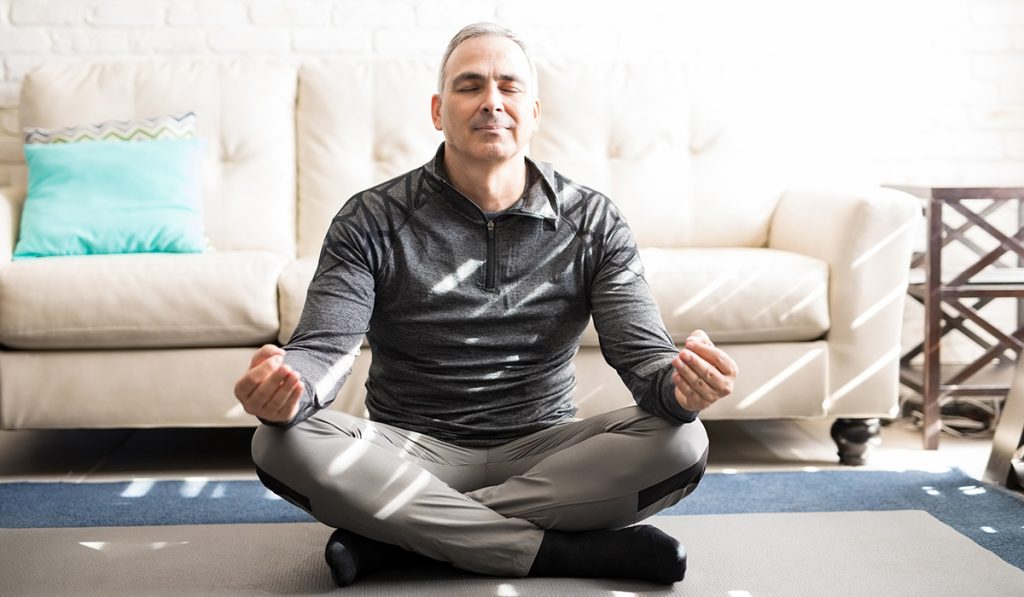Let’s face it, 2020 was a tough year for everyone. If prioritizing your mental health is one of your New Year’s resolutions, we’ve collected some tips that may help you reach your goals and improve your overall wellbeing for 2021.
1. Focus on a Hobby or Goal
Research has shown that regularly doing activities we enjoy is actually beneficial for our mental health. This can be continuing to do something you already enjoy, improving on an existing hobby, or taking up something new that you have always wanted to pursue. Having a goal or a hobby gives one motivation, purpose, and can even improve our self-worth and self-esteem as we develop this new skill. As well, when we are engaged in an activity we enjoy, it is easy to fall into the mental state known as “flow” or “getting into the zone.” This state promotes mindfulness and can help ease stress and anxiety. A hobby is also a great way to help you connect with others. If you love reading, join a book club. If you paint, schedule a virtual painting session with friends who also enjoy painting. If you love running, find someone to run with regularly. Whatever you choose to do, it is important to dedicate time to it, whether it is daily, a few days a week or even just weekly.
2. Limit Your Screen Time
It’s great if you are using technology to connect with family, or access resources that may be beneficial to you. But if you are using it to mindlessly scroll on social media, or compare yourself to others, it may take a toll on your mental health. You don’t have to cut your screen time completely, but know that disconnecting a little can help with your overall wellbeing.
Some ways include creating “tech-free” zones at home, like your bedroom or the family room, where phones are not allowed. You can also dedicate a chunk of time during the day to unplug for a couple hours or even for a whole day. Setting a limit to how many times you pick up your phone can also be helpful to ween off your screen time, as many of us constantly reach for our device multiple times a day without even thinking. Another way is to move apps that eat up most of your time off of your home screen, so you are less likely to to see them and open them up. Lastly, although it may seem counterintuitive, install some apps that may actually help with limiting your screen time. A really fun one is Flora, which helps you to stay off your phone, clear to-do lists, and build positive, life-changing habits by planting “virtual trees.” Whenever you want to make progress toward your goals, your trees grow bigger!
3. Practice Gratitude
Practicing gratitude can be an instant mood booster as you reflect on all the positive things in your life. It is also associated with increased happiness and stronger relationships with loved ones. There are many ways you can practice gratitude. An easy way is to write down at least one thing that you are thankful for every morning. You can also create a list of things you are thankful for and place it in a spot at home where it can be easily seen, as a reminder.
Practicing gratitude can also be done through journaling and writing down all the positive things you experienced during your day. These can be as small as the beautiful sunshine you woke up to, or the delicious cup of coffee you got to enjoy in the morning. Lastly, gratitude meditation is another great way to focus on appreciation, as it allows you to be present and in the moment. Some great apps for meditation include Calm, Headspace and Buddify.
4. Reach Out
Lastly, know that it is ok to reach out and talk to someone or ask for help. Having a friend or family member to talk to can help you feel like you are not alone in your feelings of stress, uncertainty or anxiousness. Even if they don’t have any advice to offer you, having someone to just listen with an open mind can provide a sense of relief.
















